I learned something else today. That the British Newspaper Archive isn't as complete as I'd hoped. I didn't find the article below there, but reproduced in a Scottish Brewing Archive Journal. The archive's collection of Falkirk Heralds only goes as far as 1903. How irritating.
"A new bottling hall, equipped with plant of the most intricate and completely modern description, and costing approximately £20,000. was inaugurated yesterday at the Falkirk brewery of James Aitken & Co. (Falkirk) Ltd. The interesting ceremony of declaring the hall open and setting the machinery in motion was performed by Miss E. M. Aitken. sister of the late James H. Aitken and a descendant of the Aitken family by whom the brewery was founded in 1746. almost two hundred years ago. The proceedings were presided over by Mr R. Beveridge Smith, J. P.. chairman of the company, and others present included Mrs Smith, Mr W. F. Finlay. managing director, and Mrs Finlay; Mr Roy R. Finlay, assistant managing director, and Mrs Finlay; Mr Dan Robertson, director and head brewer, and Mrs Robertson; Mr James H. Finlay. C. A.. Glasgow, son of the managing director, and Mrs Finlay; other directors, and invited guests.
INAUGURATION CEREMONY
Mr Beveridge Smith, addressing the representative company assembled, said they had gathered at the brewery that day for the purpose of assisting in the inauguration of what he considered to be the most interesting thing that had happened in the brewery since it was completed a long number of years ago. That was the starting-up of what he believed was the most up-to-date bottling plant in any brewery north of the Tweed. (Applause.) They were fortunate in having with them Miss Elizabeth Aitken, who would pull the lever which would set the machinery in motion. Before this was done, however. Miss Aitken was to be made the recipient of a presentation, and he called upon Mr J. G. Callander, architect for the building, to perform that duty.
Mr Callander, asking Miss Aitken's acceptance of a beautiful silver bowl, said this was in the nature of a gift from himself and from the contractors as a memento of her performance of the opening ceremony of the new bottling department. He expressed the hope that it would always remind her of her long association with the brewery. (Applause.)
Miss Aitken briefly expressed her thanks and then pulled the switch which set the new bottling plant in operation. Having done so, she was presented with a beautiful bouquet by Miss Lizzie Fallon, the girl employee with the longest service with the firm.
NEW PLANT DESCRIBED
Those present were then conducted on a tour of inspection of the new bottling plant, and all were impressed with its remarkable efficiency and speed in operation. The plant installed is of the very latest design and is capable of turning out from 4000 to 5000 bottles of beer per hour. The whole operation is automatic, and the product is not touched by hand during the whole process. The beer is chilled by means of a 3-cylinder high-speed ammonia compressor working on a patent chiller. In this the beer is also conditioned previous to passing through a filter where all sediment is removed. From the filter the beer passes to the filling machine. This is 24-head rotary filler capable of the output previously mentioned. The process through which the dirty bottles pass before being filled with beer is a most interesting one. The bottles, in two-dozen cases, are placed on a conveyor which carries them to a large "Thoro" brush-washer. This washer is automatic, and when the bottles are inserted by the operator, they pass through a strong solution of caustic soda, continuously being sprayed both inside and out, after which they pass through the hot-water lank, where they are again sprayed, and also brushed internally and externally. After this operation they are given a final rinse thoroughly with clean water. The washed bottle is delivered automatically from the washer on to a conveyor, passing an operator who "sights" each individual bottle as it passes a powerful electric light. If a bottle is not perfectly clean it is taken from the conveyor and is returned to the washing plant.
UNTOUCHED BY HAND
The bottles, travelling along the conveyor, reach the filling machine, where they are filled. Alter being filled they pass along to the crowner, where the bottle is sealed. The bottle of beer is then conveyed to the pasteuriser. This process takes about 1.5 hours, but as the pasteurisation is continuous, and synchronised with the washer, filler and crowner, no delay is caused by the process. From this, the bottle travels on a conveyor to the labelling machine, which labels four bottles at the one time. This machine puts two labels on each bottle. From this point they have to be handled by an operator, who places the labelled bottles in cases, the latter having been delivered to this particular point by means of a conveyor and elevator. The cases of beer are then placed on a run-way which takes them to a box elevator which takes them to the room immediately above the bottling hall. Here the bottled beer is stored, and from here is loaded to the lorries. The plant has been installed by the Farringdon Works and H. Pontifex & Sons. Ltd., London, the well-known brewery engineers. An outstanding feature of the whole bottling plant is the scrupulous care that is taken to ensure that at every stage of the process the beer or bottle is not touched by hand, thus giving a clean and absolutely sterile product. In addition to the beer store on top floor, rooms have been arranged for the manager, reception room, and offices for despatch clerks."
The Falkirk Herald, 21st May 1938
The first paragraph reveals why Aitken's lost their independence: the line fizzled out. James H. Aitken had been the only son and he had no male heir. That his widow lived in France demonstrates how little connection she had with the running of the business. James H. Aitken had only one child, a daughter.
Miss E. M. Aitken was presumably the Miss E. Aitken who was a shareholder when the company went public and the Elsie Aitken who never married. I've no idea if she was older or younger than James H. Presumably she still owned a stake in the company at this point. Which could also explain why she never married: with a private income, she didn't need to.
Four to five thousand bottles an hour sounds impressive. I know that during busy times (mid-November until the end of December)the bottling hall worked "six and a half days and four nights per week" (source: Scottish Brewing Archive Journal volume 4, 2002, page 11). Assuming an 8-hour shift and 4,000 bottles an hour, I make that 583 barrels in a week (if they were all half-pints) 1166 (if all pints). Assuming a 50-50 split, that's 875 barrels in a week. Or 5,250 barrels over those 6 weeks.
I love all this guessematics. five and a half 8-hour day shifts at 4,000 bottles an hour, half pints and half half-pints, over 46 weeks is about 21,000 barrels. Add that to the rush weeks and you've got about 26,000 barrels.
In the 1930's bottled beer accounted for around 35% of total beer sales. So my calculation would leave Aitken with a pretty modest output of 75,000 barrels a year. I fairly certain that they really produced over 100,000 barrels a year. Why the discrepancy? They probably didn't do all the bottling themselves.
"The beer is chilled by means of a 3-cylinder high-speed ammonia compressor working on a patent chiller. In this the beer is also conditioned previous to passing through a filter where all sediment is removed." I take this to mean that the beer was chilled and then artificially carbonated in the cylinder and then filtered. Though doesn't it make more sense to carbonate after filtration?
Unbelievably, I've still loads more about bottling at Aitken. Aren't we lucky?






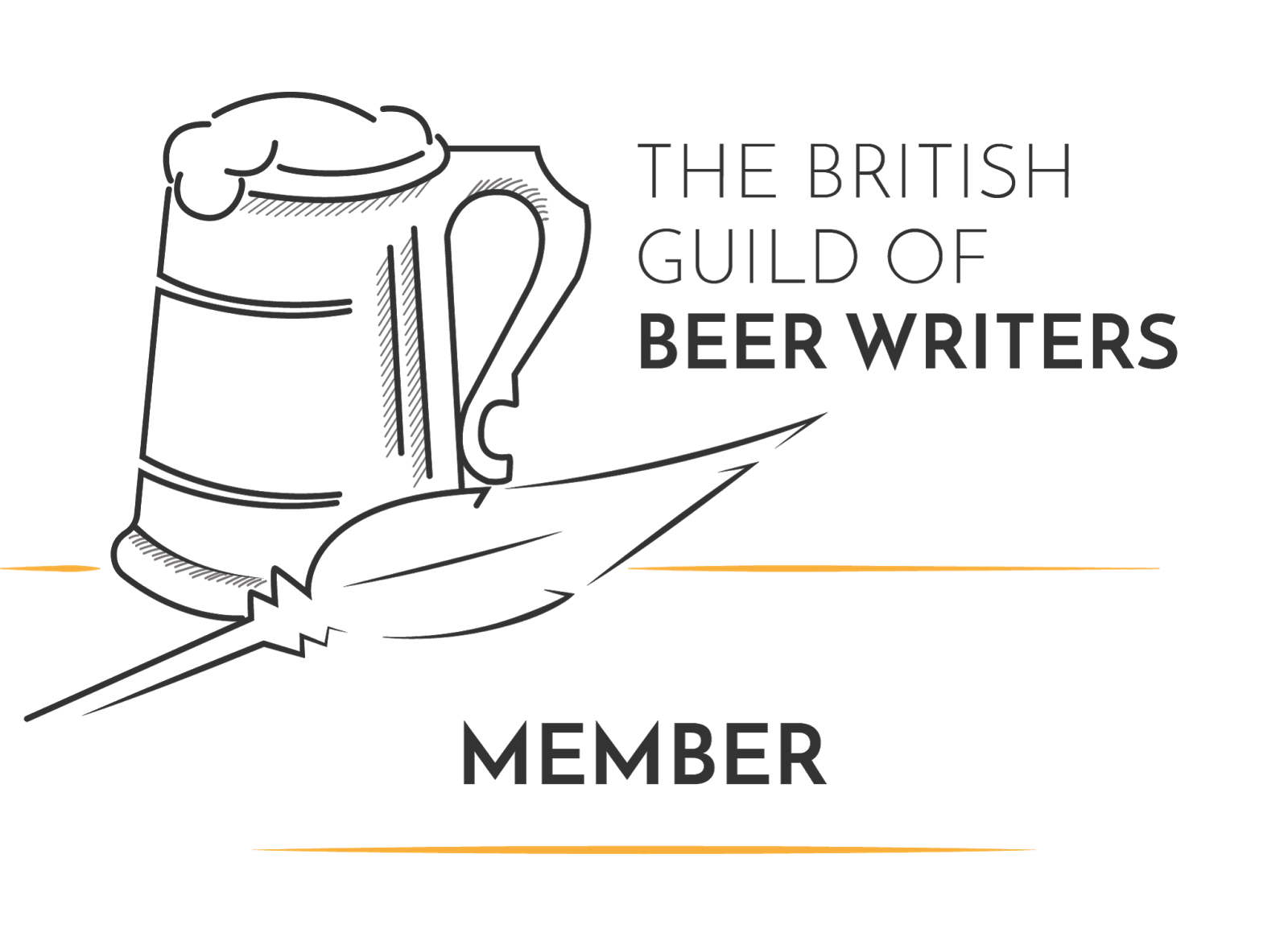









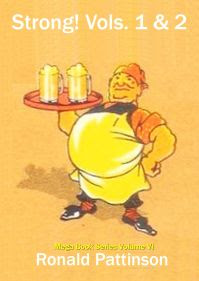


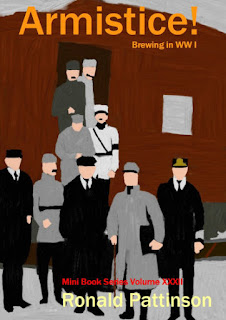


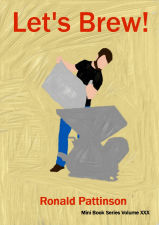





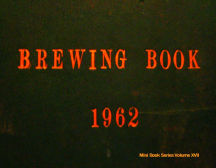
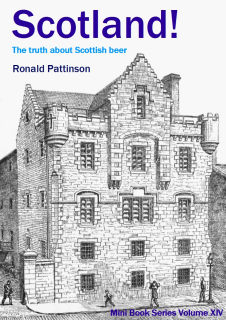
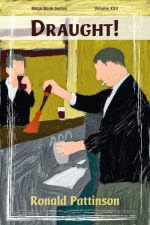

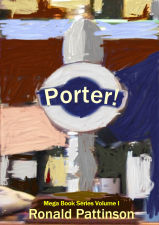



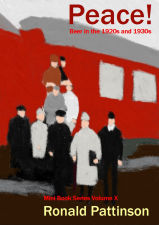



































1 comment:
Beveridge Smith, what a great name for the chairman of a drinks company!
Post a Comment